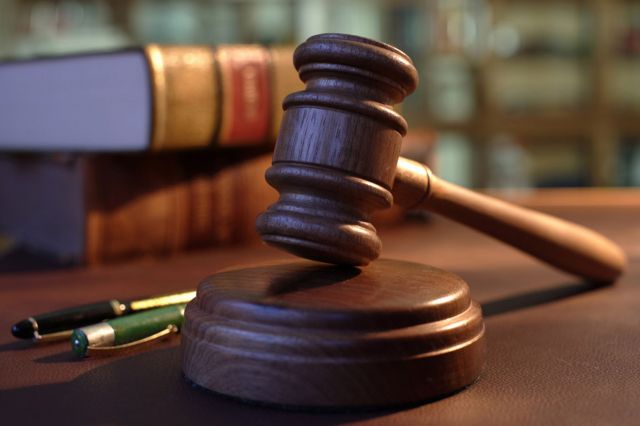
A rise in demand for the services provided by Legal Aid Alberta is leaving more Alberta residents without proper representation when navigating the legal system.
The non profit organization has seen an increase in requests for its services of 37 per cent over the first quarter of 2016.
Colin Kloot was the president of Legal Aid Alberta in 2010, and even then, the organization was facing financial constraints.
“Legal Aid has always had to juggle it finances and modify its services to be able to help those in most need,” he said. “Legal Aid has always striven to assist Albertans in need, to give them access to justice. But it is very difficult if you don’t have the funds to do it.”
The demand is rising due to the difficult economic situations.
“As more people don’t have jobs, in times like these, clearly they will qualify for Legal Aid, and where there is an indictable offense, or where the crown is seeking jail time, Legal Aid will appoint somebody,” he said. “There is definitely a correlation.”
To try and meet the demand for the most in need, the organization has adjusted it services.
“What we have done is modified services to try and get better efficiencies. As we don’t have enough funds for the need, we have had to adjust the eligibility criteria. It has gotten to the point that the criteria, is so low, in other words you have to earn such a little amount to be eligible, that if you are employed in anyway whatsoever, you are not going to be eligible for Legal Aid. It is only the poorest of the poor who are getting access to Legal Aid.”
The result is that more people are representing themselves not only in criminal court but also in family court.
“In chambers (Court of Queen’s bench) maybe 30 per cent, if not more are self represented, especially in family law,” said Kloot.
He says that in criminal court, if you are a low wage earner and there is a possibility of jail, most often you would receive help from Legal Aid, in family court you would almost have to be destitute.
With the high numbers of people representing themselves, he says in larger centres such as Calgary and Red Deer, duty council is on hand just to make sure the system doesn’t back up.
Legal Aid Alberta is a nonprofit society that is governed by a board of directors. While it is independent, from government, it is accountable to the Minister of Justice and Solicitor General and to the Law Society of Alberta.
Its major funding comes from the Alberta Government, the Government of Canada and the Alberta Law Foundation. The Foundation issues a grant based on a percentage of money contributed each year from interest earned on funds held in trust by lawyers for clients. It also receives funds from clients that pay for legal services.
It provides service in many areas including criminal, family law, emergency protective orders and domestic violence, immigration law, civil proceedings and duty council. It also has a joint program with Siksika.







